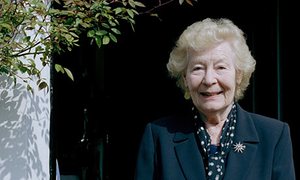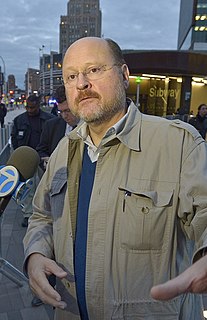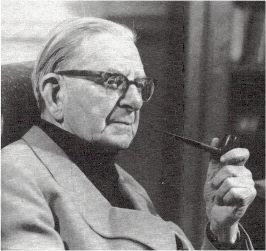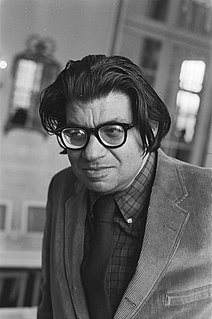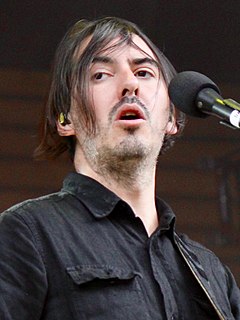A Quote by Nina Bawden
A writer's work may be a coded autobiography, but only a very close friend could decipher it.
Related Quotes
Everything. A letter may be coded, and a word may be coded. A theatrical performance may be coded, and a sonnet may be coded, and there are times when it seems the entire world is in code. Some believe that the world can be decoded by performing research in a library. Others believe that the world can be decoded by reading a newspaper. In my case, the only thing that made sense of the world was you, and without you the world will seem as garbled and tragic as a malfunctioning typewrit9.
What was unique about me being in City Hall during the Giuliani Administration, I was the only one who wasn't an attorney. I may have been the only one who didn't work in a prosecutor's office. So I took a completely different point of view on how the city should be run. Very close to a business, very close on metrics and numbers.
I have always hated biography, and more especially, autobiography. If biography, the writer invariably finds it necessary to plaster the subject with praises, flattery and adulation and to invest him with all the Christian graces. If autobiography, the same plan is followed, but the writer apologizes for it.
Oh, I love labels, as long as they are numerous. I'm an American writer. I'm a Nigerian writer. I'm a Nigerian American writer. I'm an African writer. I'm a Yoruba writer. I'm an African American writer. I'm a writer who's been strongly influenced by European precedents. I'm a writer who feels very close to literary practice in India - which I go to quite often - and to writers over there.
I have a very dear friend, a great painter, called me up very upset, the work wasn’t going well… He asked me to come to his studio -- which I did -- I looked around at the work, dozens of sketches, drawings, large pictures, and I was very close to his work, intensely involved with his work, and he asked me, ‘What’s wrong?’ And I said, ‘Simple – it’s a loss of nerve.
to look back on one's life is to experience the capriciousness of memory. ... the past is not static. It can be relived only in memory, and memory is a device for forgetting as well as remembering. It, too, is not immutable. It rediscovers, reinvents, reorganizes. Like a passage of prose it can be revised and repunctuated. To that extent, every autobiography is a work of fiction and every work of fiction an autobiography.
This fear is one of the horrors of an author's life. Where does work come from? What chance, what small episode will start the chain of creation? I once wrote a story about a writer who could not write anymore, and my friend Tennessee Williams said, 'How could you dare write that story, it's the most frightening work I have ever read.' I was pretty well sunk while I was writing it.
The writer is a spiritual anarchist, as in the depth of his soul every man is. He is discontented with everything and everybody. The writer is everybody's best friend and only true enemy-the good and great enemy. He neither walks with the multitude nor cheers with them. The writer who is a writer is a rebel who never stops
